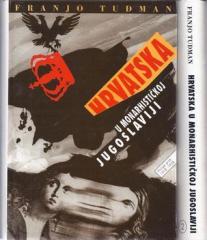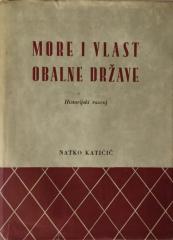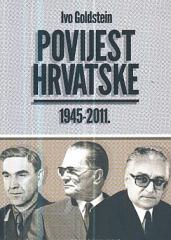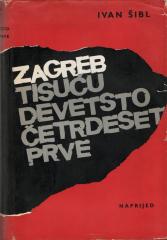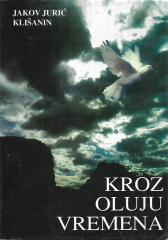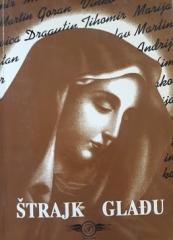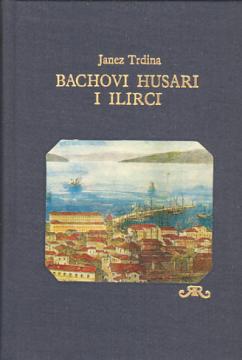
Bachovi husari i Ilirci: sjećanja iz mojih profesorskih godina u Hrvatskoj (1853–1867)
„Bachs Husaren und die Illyrer“ ist ein autobiografisches Werk des slowenischen Schriftstellers Janez Trdina, in dem der Autor seine Erfahrungen als Professor in Kroatien während der Zeit des Bach-Absolutismus (1853–1867) schildert.
Das Buch gibt Einblick in das politische und gesellschaftliche Klima jener Zeit, das von Germanisierungs- und Zentralisierungsversuchen der Wiener Behörden geprägt war.
Trdina beschreibt detailliert, wie ausländische Lehrer, oft aus Slowenien, Tschechien, Polen und Tirol, an kroatische Schulen geschickt wurden, mit dem Ziel, die kroatische Sprache und Identität zu unterdrücken. Diese „Bach-Husaren“, wie der Autor sie nennt, dienten als Instrument der Wiener Politik zur Unterdrückung des Nationalbewusstseins der Kroaten.
Anhand seiner Erinnerungen analysiert Trdina auch die Beziehungen zwischen dem slowenischen und dem kroatischen Volk und hebt die Ähnlichkeiten und Unterschiede in ihren Reaktionen auf politischen Druck hervor. Besonderes Augenmerk wird auf sprachliche Fragen gelegt, wobei die Bedeutung der Bewahrung der Muttersprache als Grundlage der nationalen Identität hervorgehoben wird.
Inhalt:
- Vorwort: Tone Potokar
- Varaždin - germanisierte kroatische Herren - erste Berichte über Bachs Husaren
- Im Herzen Kroatiens – Illyrische Priester, ein Beispiel für Patriotismus, Fortschritt und Charakter – Die immense Bedeutung des Illyrismus für das geistige Wachstum und den Fortschritt des kroatischen Volkes
- Bach will Kroaten mit Bürokratie germanisieren
- Kroatien Rijeka und Rijeka Gymnasium
- Slawistik- und Deutschlehrer am Gymnasium Rijeka
- Štefan Vidic, Rektor des Gymnasiums Rijeka
- Schulrat DR. Anton Jarc
- Alphabetische Übersicht der Persönlichkeiten
Im Angebot sind keine Exemplare vorhanden
Das letzte Exemplar wurde kürzlich verkauft.
